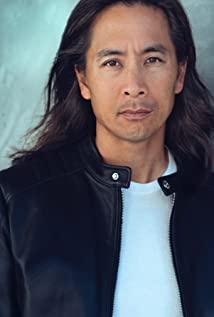The second time I read "Soul Crush Werewolf", I also got a new feeling. In the movie, the heroine's optimism and unyielding fearlessness after losing her arm is more from the love and education of the family. When she was annoyed, her mother helped her to accept her own differences and encouraged her to still believe in love, "The one who truly loves you will accept everything about you, because you are beautiful, just like Venus with a broken arm. The century is still considered the pinnacle of beauty. She's one hand less than you." Collectivism is at the forefront of indigenous cultures in Asia, Africa, and Central and South America, where people are more self-critical. Very little self-assurance. The same is true of family education. For example, in China, if someone praises her child in front of a mother, the mother is likely to say something like "Where is it, your children are excellent, ours can..." instead of "he It's really great, this is his success through hard work and hard work, and I'm proud of him!" The modesty and subtlety of adults is incomprehensible to children, they can only receive negative information, which can greatly reduce children's self-esteem for a long time. and the ability to be frustrated. This kind of education that is accustomed to criticism rather than encouragement has caused children to take a lot of detours. It may not be until after they graduate and become financially independent that they really start to think about what they want to do and what kind of person they want to be. This is also the reason why many parents and children do not understand each other. In European and American Western cultures, individualism is prevalent, and many people subjectively imagine that it is selfish. In fact, this is not the case, such a conclusion is too one-sided. Parents in Western culture began to guide their children to think about "who am I" very early on, and let children see their own value and uniqueness, and not feel inferior or different from others. Whether it is Western culture or Eastern culture, there is no complete good or bad, and it is undoubtedly more helpful for contemporary family education to read and think carefully.
View more about Soul Surfer reviews











